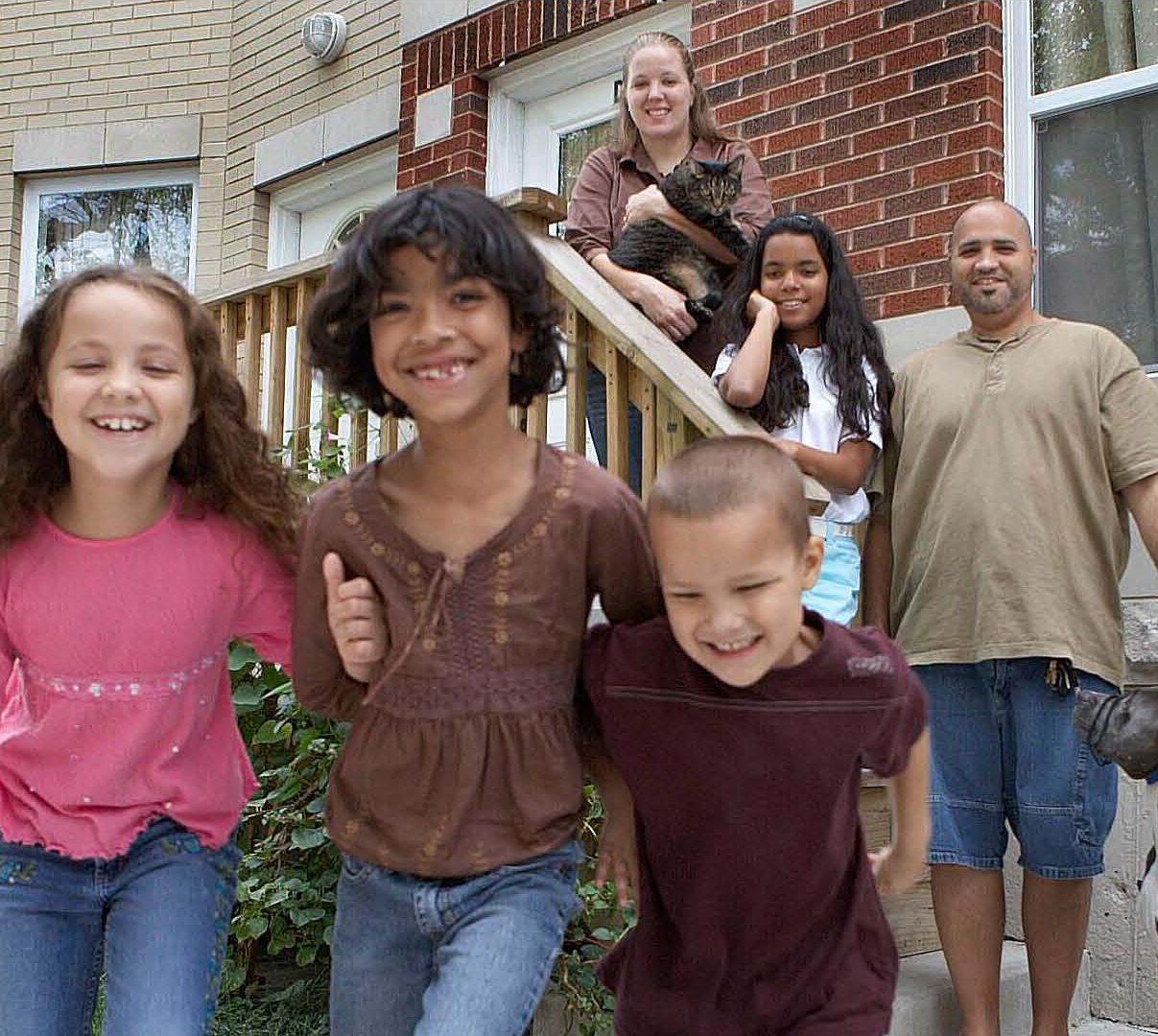Contents
Unlocking Capital: PRIs Extend Philanthropy's Reach
A Strategic Focus
Getting Results
For More Information
Unlocking Capital: PRIs Extend Philanthropy’s Reach
Representatives of 150 foundations are gathering this month at  Stanford University to share their experiences and learn more about an emerging philanthropic tool: program-related investments. But what exactly is this tool, and why is it generating such interest in the world of philanthropy?
Stanford University to share their experiences and learn more about an emerging philanthropic tool: program-related investments. But what exactly is this tool, and why is it generating such interest in the world of philanthropy?
Program-related investments (PRIs) are low-interest loans, loan guarantees, and equity investments made by a foundation to support its philanthropic goals. They can lift the work of virtually any program area, but the philanthropic use is key; unlike a foundation’s investment portfolio, PRIs must have charitable benefits, not financial gain, as their primary purpose.
Foundations like MacArthur have come to value PRIs for achieving far-reaching results. “Part of the philanthropic power of PRIs is their ability to unlock new capital,” says Debra Schwartz, MacArthur’s Director of Program-Related Investments. PRIs hold grantees financially accountable and, therefore, make them more attractive to conventional investors. Because they take early risks and accept relatively low returns, organizations using PRIs prove themselves financially viable to the market.
In addition, many foundations find PRIs a creative way to “turbo  charge” their traditional grantmaking. Funding is put to work by a grantee, and after a time it comes back to the foundation, where it can be recycled into new grants or PRIs. Since 1983, the MacArthur Foundation has committed more than $200 million in program-related investments, including more than $71 million over the past 5 years. PRI recipients have returned over $60 million to the Foundation in PRI repayments, along with more than $50 million in PRI earnings.
charge” their traditional grantmaking. Funding is put to work by a grantee, and after a time it comes back to the foundation, where it can be recycled into new grants or PRIs. Since 1983, the MacArthur Foundation has committed more than $200 million in program-related investments, including more than $71 million over the past 5 years. PRI recipients have returned over $60 million to the Foundation in PRI repayments, along with more than $50 million in PRI earnings.
A Strategic Focus
MacArthur’s first PRI, in the mid-1980s, was the purchase of stock in a small bank with a commitment to community development. Today ShoreBank is a highly successful, $3 billion Community Development Financial Institution. CDFIs were just coming into existence twenty years ago. Now, thanks in large part to PRIs, they provide more than $4 billion a year for community development around the country, fostering the growth of small businesses, affordable housing, child care centers, and health clinics.
During the 1990s, MacArthur  experimented broadly with PRIs, using this investment tool to fund programs from international conservation to women’s health. In 2000, the Foundation made a strategic decision to align its PRIs more closely with major grantmaking initiatives in economic development, preservation of affordable rental housing, and the transformation of Chicago’s public housing. The last of these included an innovative approach by the Foundation: a loan guarantee that would overcome investors’ uncertainty about new mixed-income communities and enable developers to build and sell affordable and market-rate houses and condominiums alongside new rental homes for low-income families.
experimented broadly with PRIs, using this investment tool to fund programs from international conservation to women’s health. In 2000, the Foundation made a strategic decision to align its PRIs more closely with major grantmaking initiatives in economic development, preservation of affordable rental housing, and the transformation of Chicago’s public housing. The last of these included an innovative approach by the Foundation: a loan guarantee that would overcome investors’ uncertainty about new mixed-income communities and enable developers to build and sell affordable and market-rate houses and condominiums alongside new rental homes for low-income families.
Getting Results
A good example of the impact PRIs can have is Mercy Housing, a leading nonprofit affordable-housing developer. MacArthur made a $3 million loan three years ago so Mercy could successfully acquire and improve rental properties across the country. Using the Foundation’s loan, Mercy has preserved already more than 3,000 affordable homes for low-income families and seniors – unlocking $200 million in new capital along the way. In rural Washington State, for example, federal subsidies were about to run out on hundreds of affordable rental homes; unless Mercy could buy them very quickly, they were almost certain to disappear from the low-cost housing market.
Just as important, this work has stimulated new policies. Using Mercy's transaction in Washington State as its model, the federal government created a new preservation demonstration program to help other charitable organizations replicate Mercy’s success. As the Foundation's PRI recipients succeed across the country, similar policy changes are increasingly taking hold. Today, more than 40 states encourage rental housing preservation compared to just six when the Foundation launched its Window of Opportunity initiative in 2001. The initiative promotes the preservation of affordable rental housing across the country.
This month’s national PRI conference, the first of its kind, was organized by a group of private, corporate, family, and community foundations who want to share their PRI experience and encourage others to use this innovative form of grantmaking. As a leader of the new PRI-Makers Network, the MacArthur Foundation will continue to promote the benefits of PRIs.





